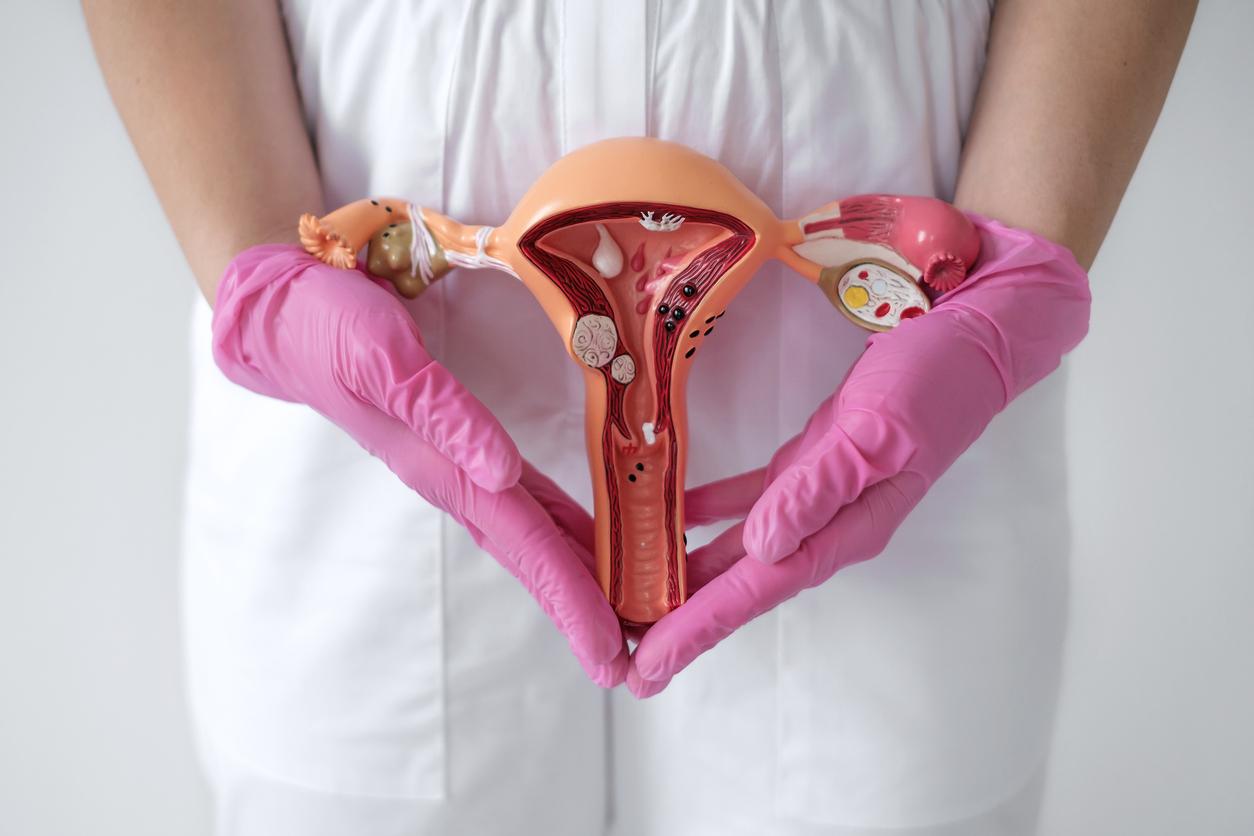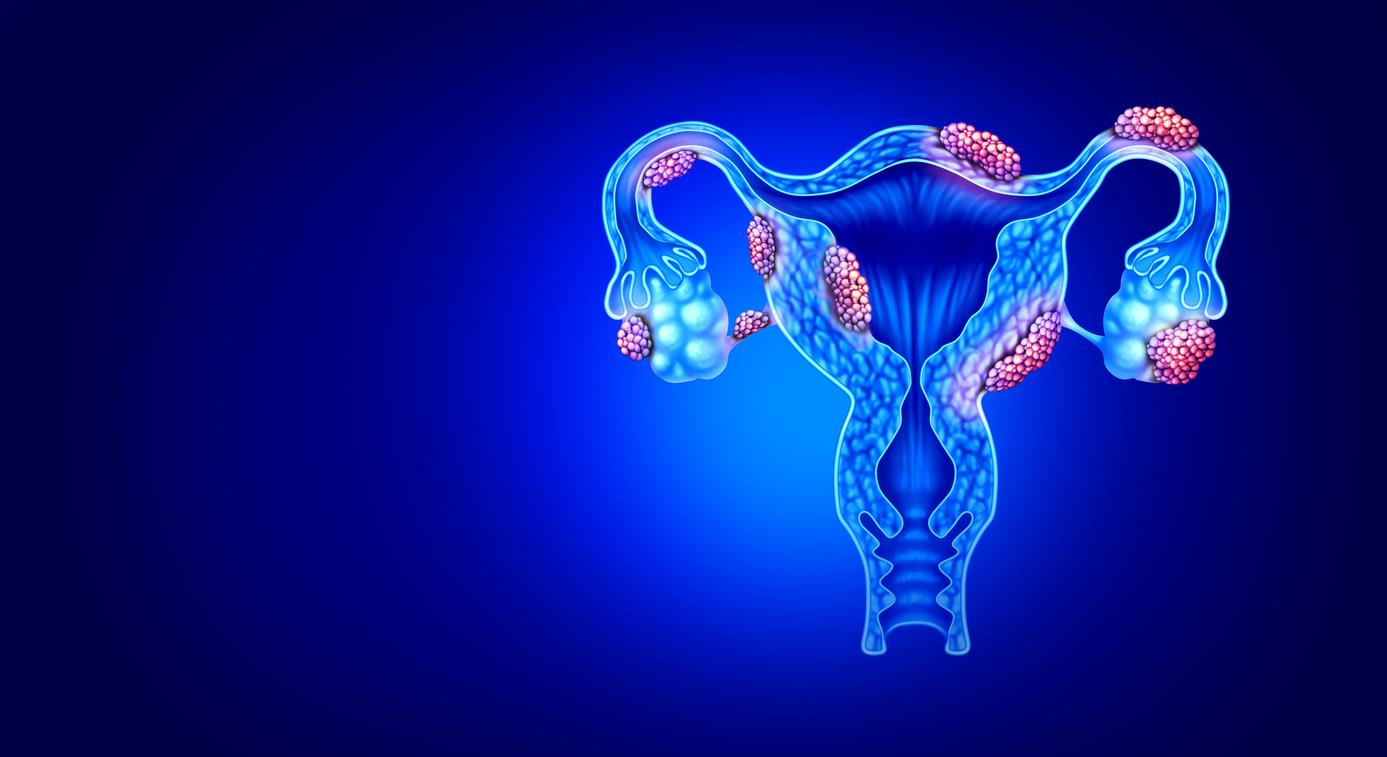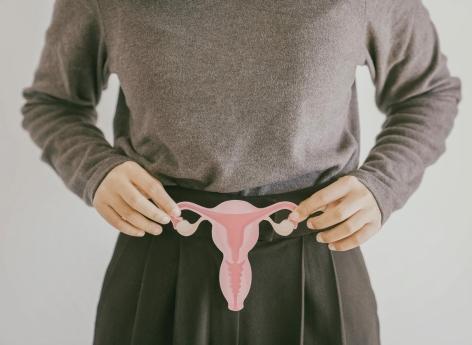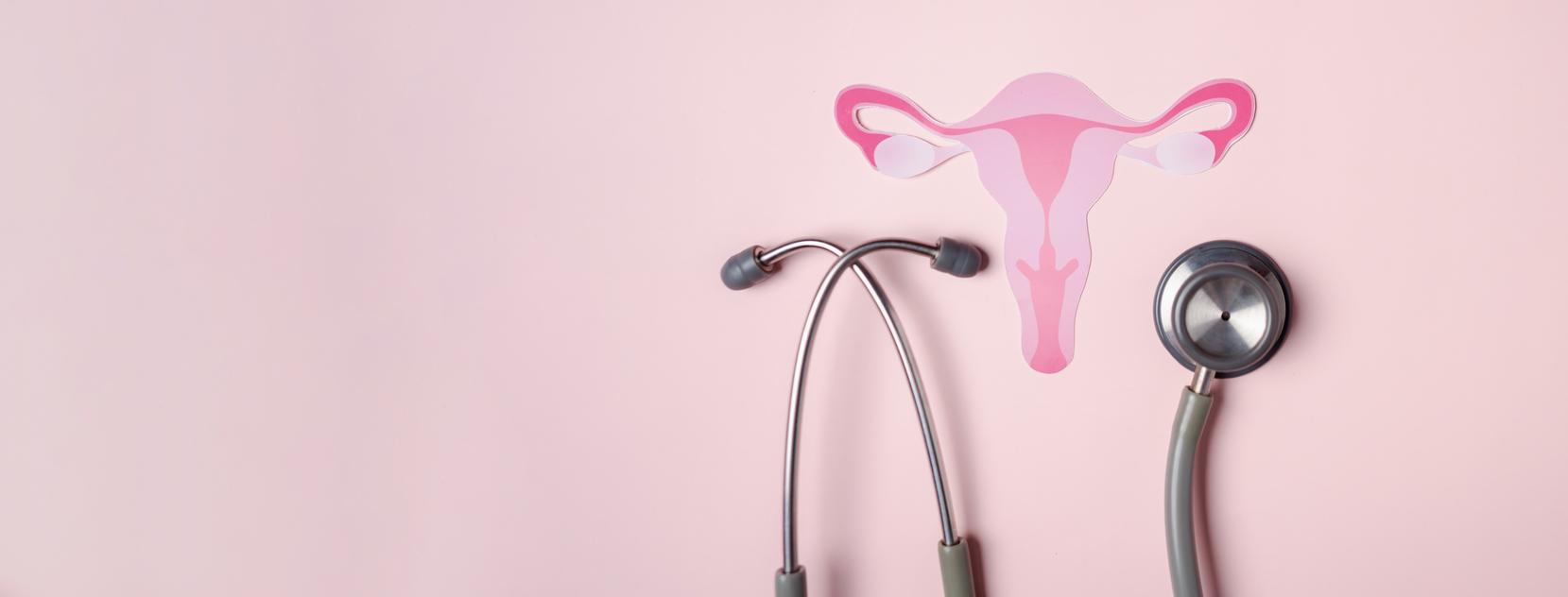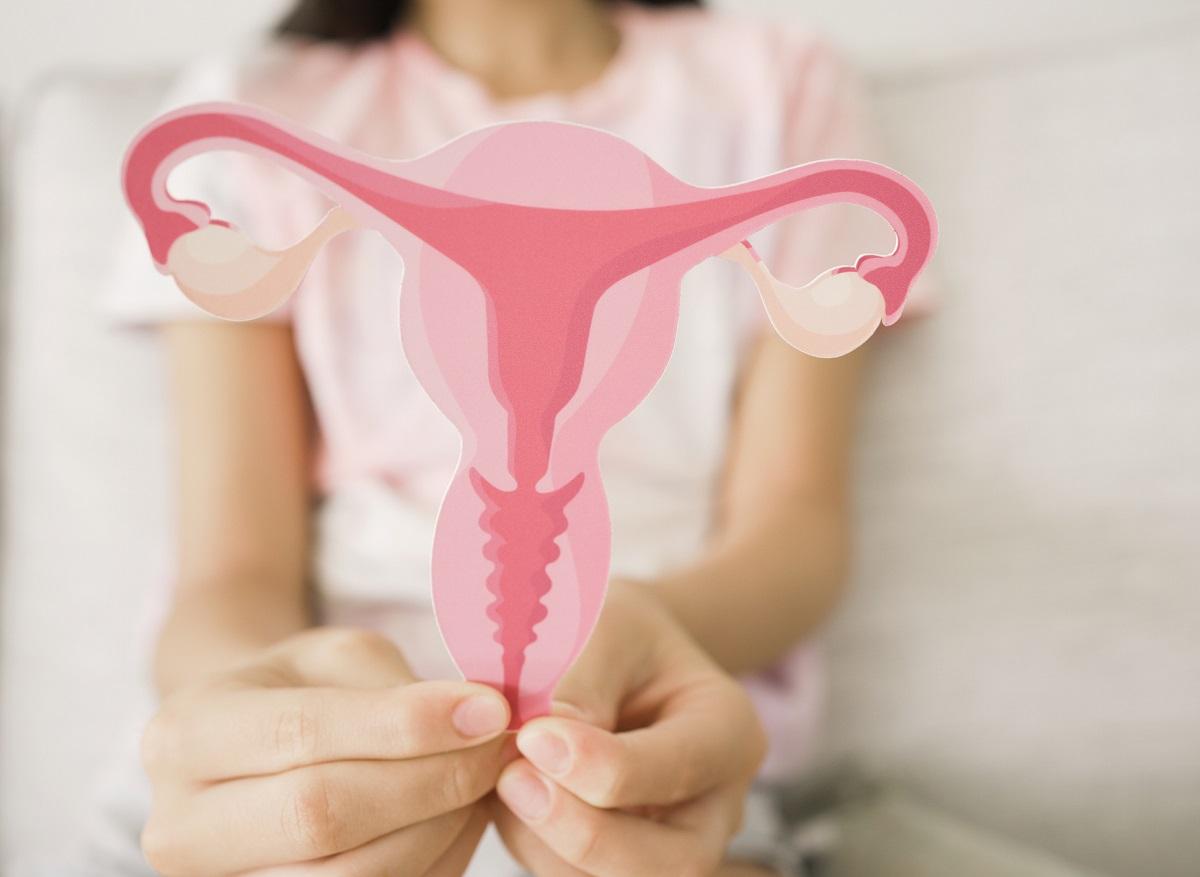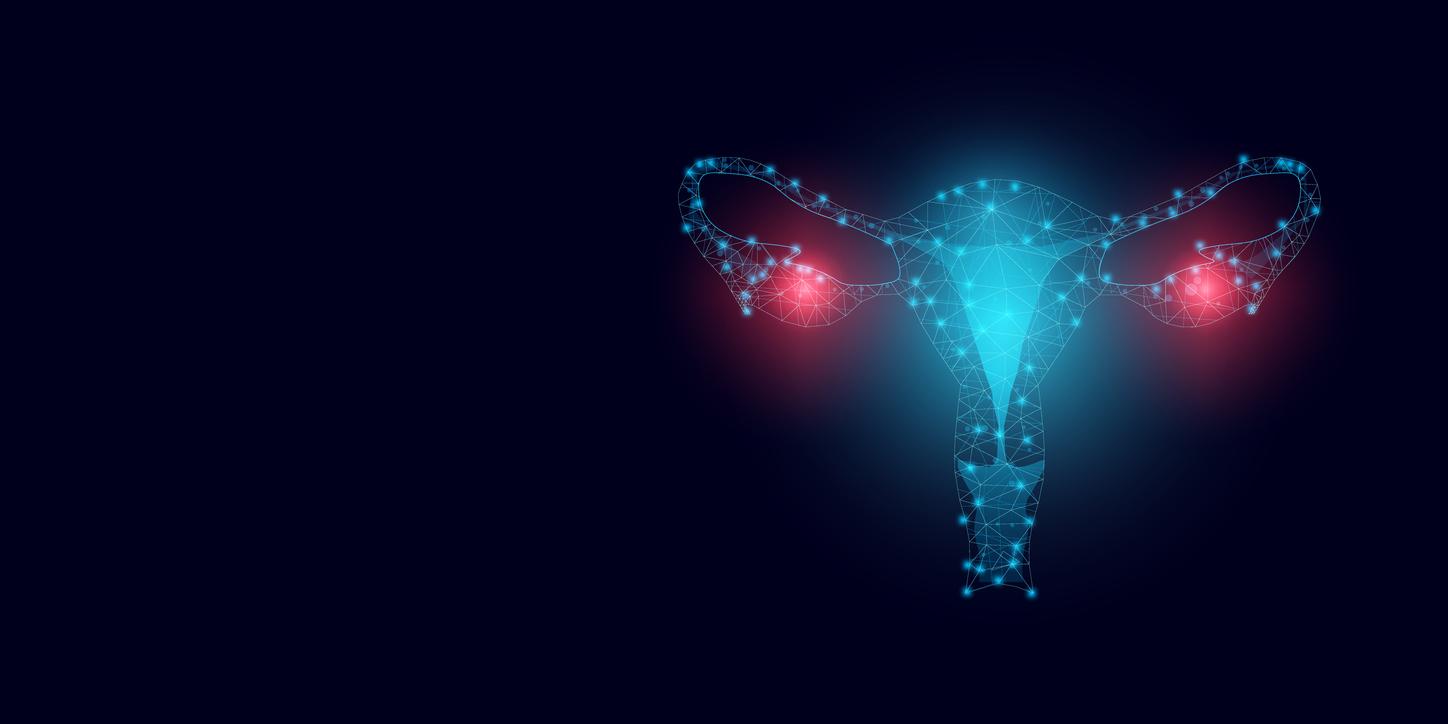Here is how patients suffering from endometriosis perceive the different ALD (long-term conditions) devices.

- According to a new survey, admission to ALD 31 presents challenges for some patients with endometriosis.
- “Support in ALD31 also has limits,” indicates the ENDOmind association.
- 2 million French women suffer from endometriosis, or at least 1 in 10 people.
The patient association ENDOmind has distributed a questionnaire relating to ALD (long-term conditions) care for French women with endometriosis.
“In January 2022, a resolution was unanimously adopted by the National Assembly requesting the listing of endometriosis as ALD30. However, at present, the disease is still one of the long-term conditions duration off list (ALD31)”, explain the activists in a press release.
Endometriosis: what are the differences between ALD30 and ALD31?
What are the differences between ALD30 and ALD31? Exempting long-term conditions (ALD) concern pathologies which require prolonged and particularly costly treatment due to their severity and/or their chronic nature.
The ALD30 groups together pathologies that have been established by decree. ALD31 refers to pathologies which are not listed in the decree and which are therefore “off list”.
The benefits of ALD30 and ALD31 are identical. What differs are their admission and renewal conditions, as well as the way in which the duration of the ALD is set.
“The ENDOmind association has been heavily mobilized for several years to request the entry of endometriosis into the list of long-term conditions 30”, explains the non-profit organization. With this in mind, it distributed a questionnaire relating to ALD31 care for women with endometriosis. In two weeks, 1,175 participants responded.
Endometriosis and ALD: “l“analysis of the responses highlighted several issues”
The analysis of the responses highlighted various issues. First of all, theAdmission to ALD 31 presents challenges for some patients, due to: a lack of adequacy of admission criteria with the specificities of endometriosis; a lack of harmonization in the application of criteria between departments; a strong lack of knowledge by doctors of the disease and ALD 31; the lack of information from patients and a lack of recognition of their illness.
Furthermore, ALD31 treatment also has limits, because: the duration of ALD 31 varies depending on the patient without the reason always being objective; inequalities are observed between patients benefiting from the device; the majority of patients are not well aware of their rights under the ALD31 and are therefore not able to assert them; women benefiting from ALD 31 continue to suffer from the lack of recognition of their illness by the medical community and society.

Endometriosis: 87.6% of women had no information on ALD31
More precisely, the survey revealed that 87.6% of respondents did not have information about ALD31 from their attending physician, and 83.9% of women surveyed who did not benefit from ALD31 declared that they did not not know the rights relating to this device.
Among the respondents who declared that they had not applied for admission to ALD31, 35.5% of women said they were not aware of the system, and 38.4% expressed being discouraged by:
– the prospect of seeing their request refused (19.2%).
– the time to devote to the process (5.5%).
– not feeling legitimate (13.7%).
Finally, 65.3% of ALD31 beneficiaries who responded to the questionnaire admitted to not “to know well” their rights, and 92.8% of ALD31 beneficiaries who responded to the questionnaire indicated that they had not received an explanation of their rights from a health professional.
What is endometriosis?
Endometriosis is a complex disease that causes endometrial tissue from the lining of the uterus to migrate to other places in the body where it is not supposed to be. This causes inflammation in the body and chronic pain.
2 million French women are affected by endometriosis, or at least 1 in 10 people.









